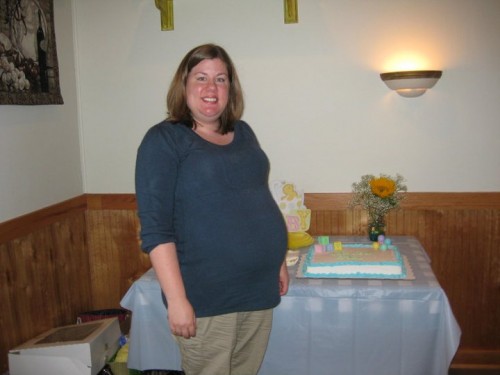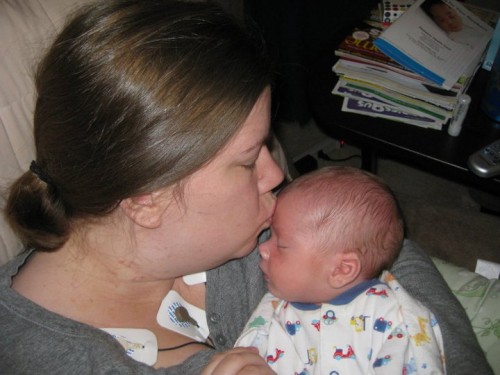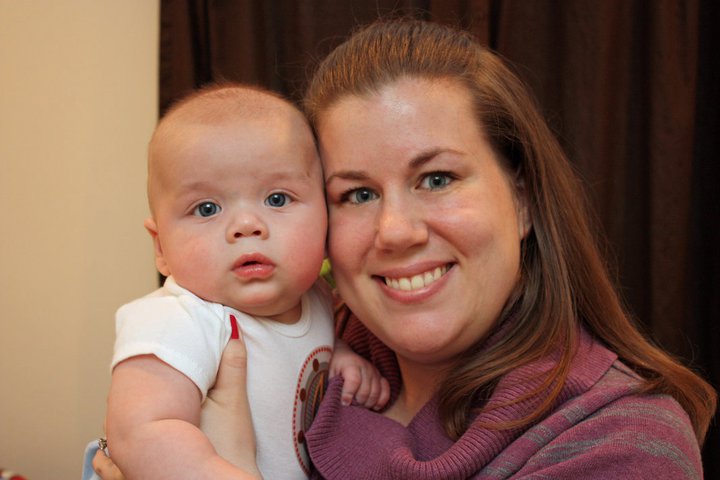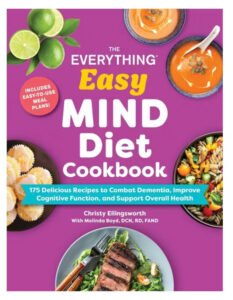 On March 15, 2010, my husband and I found out I was pregnant with our first child. We were ecstatic! Over-the-moon, just full of joy! We told our family members and the news was met with so much happiness! We couldn’t wait to meet this new little bundle of joy. During my 17th week of pregnancy, my doctor discovered I had pregnancy-induced hypertension and put me on medication to keep my blood pressure stable. Things were going along wonderfully though, and at 18 weeks we found out we’d be having a son and decided to name him Ethan Paul. We watched him (and me!) grow. He was like a little soccer star, kicking my belly with so much strength! As the weeks went on, I did not have as much energy. I noticed I would be short of breath, a random cough here and there, exhausted a lot of times, feet the size of water balloons… all normal pregnancy symptoms. I was going to my doctor twice a week for fetal non-stress tests. My doctors decided to induce me on November 18, 2010, 9 days earlier than my due date, because of my blood pressure issues.
On March 15, 2010, my husband and I found out I was pregnant with our first child. We were ecstatic! Over-the-moon, just full of joy! We told our family members and the news was met with so much happiness! We couldn’t wait to meet this new little bundle of joy. During my 17th week of pregnancy, my doctor discovered I had pregnancy-induced hypertension and put me on medication to keep my blood pressure stable. Things were going along wonderfully though, and at 18 weeks we found out we’d be having a son and decided to name him Ethan Paul. We watched him (and me!) grow. He was like a little soccer star, kicking my belly with so much strength! As the weeks went on, I did not have as much energy. I noticed I would be short of breath, a random cough here and there, exhausted a lot of times, feet the size of water balloons… all normal pregnancy symptoms. I was going to my doctor twice a week for fetal non-stress tests. My doctors decided to induce me on November 18, 2010, 9 days earlier than my due date, because of my blood pressure issues.
On November 18, my husband drove us to the hospital, we checked in, the induction started. I have no memories of any of this. I have no memories of my labor, of my room, of Ethan’s birth. I went into cardiopulmonary arrest during the pushing phase of birth and needed CPR and an emergency c-section to save both my son’s life as well as my own.
Following Ethan’s birth, I was in a coma for over a week, on a respirator and my husband, family and friends gathered around me day and night, as the doctor’s were preparing them for the worst…and in the best case scenario, the doctor’s said I would be blind, disabled, mentally impared, in an assisted-living facility for the remainder of my life. I woke up at one point and they removed my breathing tube, but I relapsed shortly after. I don’t remember that. The next time woke up with the tube in my throat, I had no idea what was happening. I was in the Cardiac ICU and a few days later, I had the breathing tube removed. I learned that I had developed a condition called Peripartum Cardiomyopathy (pregnancy-induced heart failure). I had no idea what this was or even that it existed. The symptoms mimic normal pregnancy symptoms much of the time and my heart gave out under the stress of Ethan’s birth.
I could see, hear, eventually walk though my legs were weak, and I remembered the year and everyone around me. I still can’t remember any of the time in the hospital prior to waking that second time. My heart function was at 11% – normal hearts function at 60-65%. After so many tests, pokes, IVs and scans, I was sent home 18 days after I went in to have my son with a lot of medications and strict instructions to rest and follow a low-sodium diet.
 I came home on December 6th with a heart function of 20% and got to meet and hold my son for the first time. I was tired a lot of the time and couldn’t do many things at all. My wonderful husband took care of both me and our newborn son, with the help of both of our mothers. Over the next few months, I remained very strict on my low-sodium diet and took my medications religiously. On March 15th, I went back to my cardiologist office for a follow-up echocardiogram and learned that my heart function had improved to 53%! We had many tears of joy over that news. It was a true miracle, as the cardiologist was expecting me to have an implantable defibrillator put in had my heart not improved. Today, I feel wonderful and though I’m dealing with the emotional consequences of what my family and I went through, my husband and I are happily raising our beautiful son and enjoying every single precious moment.
I came home on December 6th with a heart function of 20% and got to meet and hold my son for the first time. I was tired a lot of the time and couldn’t do many things at all. My wonderful husband took care of both me and our newborn son, with the help of both of our mothers. Over the next few months, I remained very strict on my low-sodium diet and took my medications religiously. On March 15th, I went back to my cardiologist office for a follow-up echocardiogram and learned that my heart function had improved to 53%! We had many tears of joy over that news. It was a true miracle, as the cardiologist was expecting me to have an implantable defibrillator put in had my heart not improved. Today, I feel wonderful and though I’m dealing with the emotional consequences of what my family and I went through, my husband and I are happily raising our beautiful son and enjoying every single precious moment.
I am truly convinced that my low-sodium diet has helped my heart recover dramatically. When I began reading the labels of the food I once ate by the can and box-full, I could not believe the amount of sodium that it contains. I feel so much stronger and better by reducing the amount of sodium that I ingest, my swelling was gone, my blood pressure stayed extremely low and now I am on reduced medication and off of my diuretic altogether. I fully believe that everyone can benefit from a low-sodium diet. I also believe that more women of child-bearing age should be aware of the potential to develop PPCM and to be cautious of the symptoms that might seem normal but hide an underlying silent killer of new mothers all over the world.
By reading this blog, you also know that low-sodium cooking can also be delicious, thanks to Christy!










11 Responses to My Journey into the Low Sodium Lifestyle